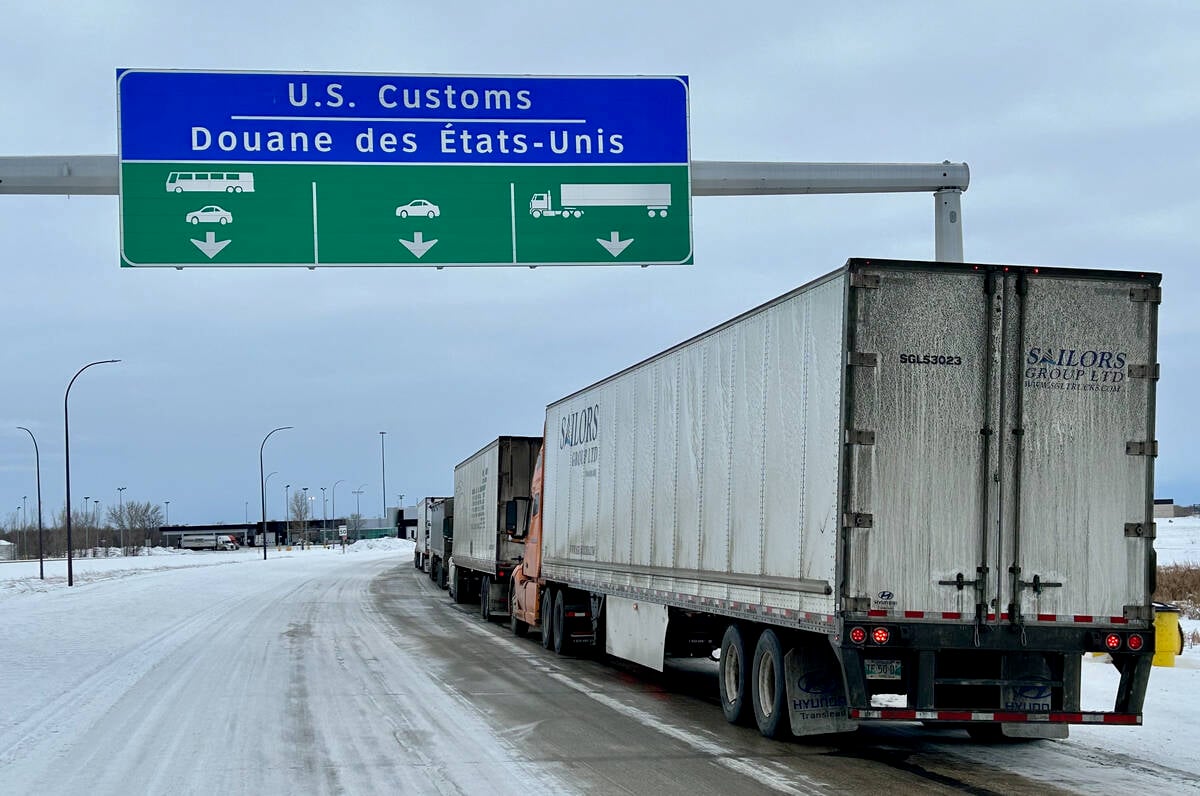Federal agriculture minister Gerry Ritz has promised that once the dust settles on the E. coli scare at XL Foods, the events will be examined and the report made public.
“As part of our government’s response to the (Sheila) Weatherill report (on the 2008 listeria food poisoning crisis), an expert advisory committee was established some time ago,” Ritz said in the House of Commons Oct. 15.
“That particular committee, along with CFIA, will completely review this, and that report will be public.”
It is a food safety advisory committee with industry and government representatives and chaired by former Canadian Food Inspection Agency president Ron Doering.
Read Also

U.S. bill could keep out Canadian truckers
The Protecting America’s Roads Act, which was tabled in the U.S. House of Representatives at the beginning of October, would “rid the country of illegal immigrant commercial truck drivers and ineligible foreign nationals.”
Ritz made the announcement while under intense pressure throughout question period in the House of Commons to justify the performance of the government and the CFIA in the XL food scare.
NDP leader Thomas Mulcair said there is “still no accountability” 42 days after American inspectors discovered E. coli and after 15 confirmed consumer illnesses from the incident.
He said cattle producers, consumers and packing plant workers are paying the price for government incompetence.
“When will the minister of agriculture and agri-food take responsibility and resign?”
Ritz ignored demands to resign and insisted the government has added resources to the CFIA that opposition MPs opposed in budget votes.
He repeatedly rejected opposition claims that funds to the CFIA have been cut during government restraint, even though spending documents tabled in Parliament project a cut.
Finally, late in question period, Liberal agriculture critic Frank Valeriote rose.
“Sadly, consumers are losing confidence in the beef on store shelves and it is hurting cattle ranchers who offer a safe product and did nothing wrong,” he said.
“Since the current government’s current system clearly failed, will the minister finally acknowledge that we need an immediate independent and comprehensive CFIA resource audit to better equip our inspectors in order to prevent further damage to our food supply chain?”
Ritz’s response, a promise of an internal review that will be made public, did not address the opposition call for an audit of CFIA staff to determine if there really are 700 new inspectors as the government claims and if so, where they work.
















